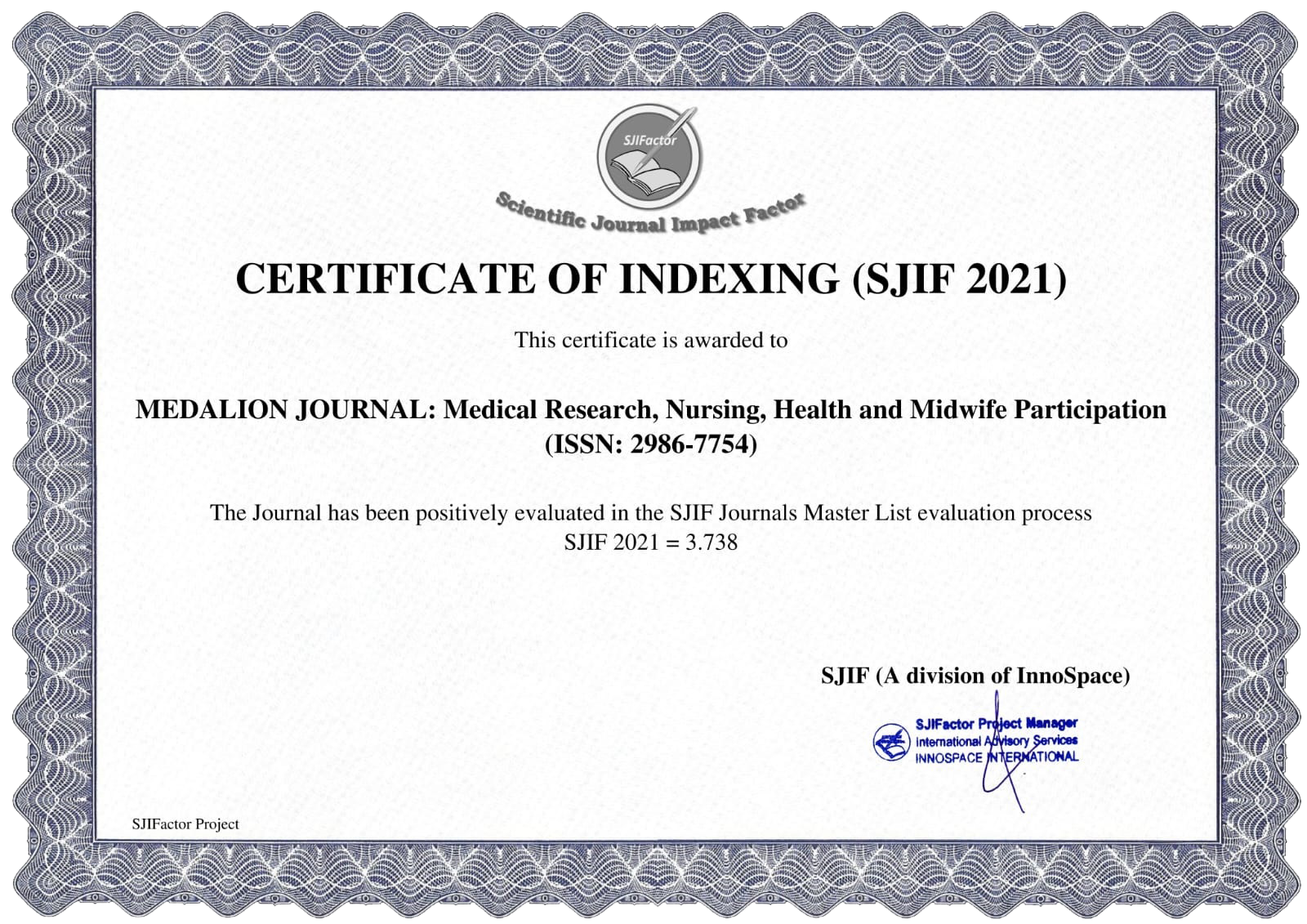THE EFFECT OF THE APPLICATION OF POSITIVE PSYCHOLOGY ON THE DEVELOPMENT OF HUMAN RESOURCE PERFORMANCE AT PT MANDIRI ABADI PERMAI KOTA MEDAN
Main Article Content
Liandra Khairunnisa
Hafiz Nurdiansyah
This study aims to analyze the influence of the application of positive psychology on the development of human resource (HR) performance at PT Mandiri Abadi Permai Medan City. This study uses a quantitative approach with explanatory methods and simple linear regression analysis techniques. A sample of 92 respondents was selected through simple random sampling from a total population of 120 employees. The research instrument was in the form of a closed questionnaire with a Likert scale and tested for validity and reliability. The results of the study show that there is a positive and significant influence between positive psychology and human resource performance. A significance value of 0.000 < 0.05 and a coefficient of determination (R²) of 0.398 showed that 39.8% of variations in HR performance could be explained by the application of positive psychology, while the rest were influenced by other factors. These findings are reinforced by Seligman's positive psychology theory and Luthans' concept of Psychological Capital, which emphasizes the importance of optimism, hope, and resilience in supporting work productivity. Thus, companies need to integrate positive psychology approaches in HR development strategies to create a healthy, adaptive, and productive work environment.
Agustianti, R., Nussifera, L., Angelianawati, L., Meliana, I., Sidik, E. A., Nurlaila, Q., Simarmata, N., Himawan, I. S., Pawan, E., & Ikhram, F. (2022). Metode Penelitian Kuantitatif Dan Kualitatif. Tohar Media.
Armstrong, M. (2014). Armstrong’s handbook of human resource management practice–13th Edition.
Asriyanti, S., Febrianti, A. A., Wulansari, F. N., Mubarok, S., & Anshori, M. I. (2024). Peran Strategi Manajemen Sumber Daya Manusia Dalam Meningkatkan Produktifitas Kerja Karyawan. Pusat Publikasi Ilmu Manajemen, 2(3), 8–21.
Bakker, A. B., & Demerouti, E. (2007). The job demands‐resources model: State of the art. Journal of Managerial Psychology, 22(3), 309–328.
Bernardin, H. J., & Russell, J. E. A. (2007). Human resource management: An experiential approach. (No Title).
Data, T. P. (2015). Instrumen Penelitian. Kisi-Kisi Instrumen.
Fredrickson, B. L. (2001). The role of positive emotions in positive psychology: The broaden-and-build theory of positive emotions. American Psychologist, 56(3), 218.
Imam Ghozali. (2018). Aplikasi Analisis Multivariate dengan Program IBM SPSS 25. Badan Penerbit Universitas Diponegoro.
Judge, T., & Robbins, S. (2013). Motivation concepts. Organizational Behavior, 201–238.
Khaeruman, K., Mukhlis, A., Bahits, A., & Tabroni, T. (2024). Strategi Perencanaan Sumber Daya Manusia Untuk Meningkatkan Kinerja Organisasi. Jurnal Riset Bisnis Dan Manajemen Tirtayasa, 7(1), 41–50.
Luthans, F., Vogelgesang, G. R., & Lester, P. B. (2006). Developing the psychological capital of resiliency. Human Resource Development Review, 5(1), 25–44.
Majdina, N. I., Pratikno, B., & Tripena, A. (2024). PENENTUAN UKURAN SAMPEL MENGGUNAKAN RUMUS BERNOULLI DAN SLOVIN: KONSEP DAN APLIKASINYA. Jurnal Ilmiah Matematika Dan Pendidikan Matematika, 16(1), 73–84.
MATONDANG, Y. (2025). Pendekatan Psikologi Positif dalam Meningkatkan Kualitas Hidup. Literacy Notes, 1(1).
NUGRAHA, A. E. K. A. (2025). Psikologi Industri dan Organisasi: Upaya Meningkatkan Kinerja Karyawan. Literacy Notes, 1(1).
Paduli, G. (2025). Sustainable Well-Being & Clinical Resilience: Psikologi Positif untuk Krisis Mental. PT. Star Digital Publishing, Yogyakarta-Indonesia.
Paraswati, A. D., & Pujianto, W. E. (2024). Workload To Individual Performance: Mediation Effect Of Burnout And Moderation Effect Of Psychological Capital. Jesya (Jurnal Ekonomi Dan Ekonomi Syariah), 7(1), 275–290.
Ramadhani, M. A., Setiawan, Z., Fadhilah, N., Adisaputra, A. K., Sabarwan, D. N., Maranjaya, A. K., & Tawil, M. R. (2023). Manajemen Sumber Daya Manusia: Mengoptimalkan Potensi dan Kinerja Organisasi. PT. Sonpedia Publishing Indonesia.
Seligman, M. E. P., & Csikszentmihalyi, M. (2000). Positive psychology: An introduction. (Vol. 55, Issue 1). American Psychological Association.
Setiadi, I. (2016). Psikologi positif: Pendekatan saintifik menuju kebahagiaan. Gramedia Pustaka Utama.
Siregar, S. (2015). Metode penelitian kuantitatif: dilengkapi dengan perbandingan perhitungan manual & spss.
Syaiin, S. (2008). Pengaruh kepuasan kerja terhadap kinerja pegawai klinik spesialis Bestari Medan tahun 2007. Pascasarjana Magister Kesehatan Masyarakat Universitas Sumatera Utara, Medan.
Zahra, V. A. M., Puspitasari, S., & Ilhami, R. (2024). Human resources development innovations in Sumedang district organization section regional secretariat. Jurnal Scientia, 13(01), 791–799.





